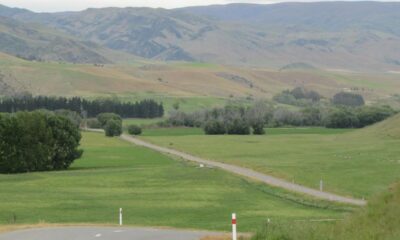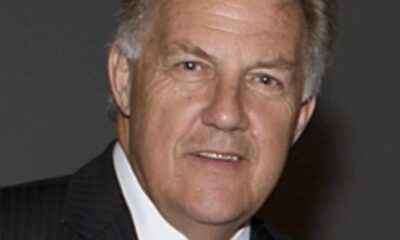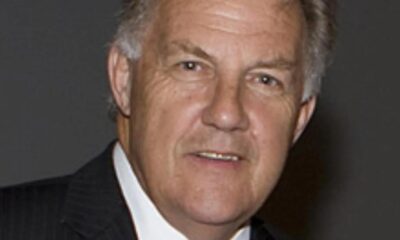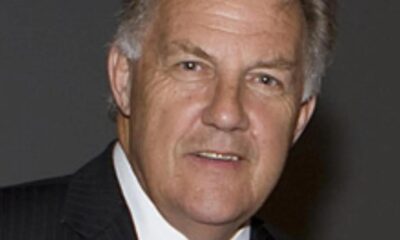Politics
Central Otago’s Evolving Landscape Sparks Debate on Progress and Criticism
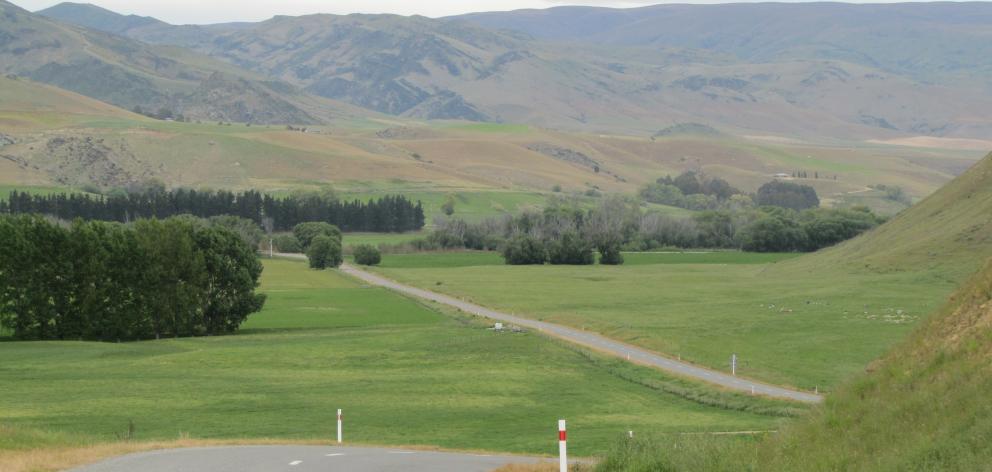
The landscape of Central Otago, New Zealand, has undergone significant transformation over the years, shifting from gold mining and fruit orchards to vineyards, cattle grazing, and urban developments. This evolution has sparked discussions about the impact of these changes and the public’s perception of political leadership in addressing community concerns.
The changes in Central Otago are evident as new developments have replaced traditional industries. What once were rough roads leading to the historic Bendigo mines are now well-maintained gravel paths flanked by vineyards. The serenity of the Ardgour Valley where many once camped has been altered by subdivisions, hotels, and ski fields. A local resident reflected on these changes, stating that the “demise of the golden goose started years ago.” This sentiment raises questions about whether mining is merely a phase in the ongoing evolution of the region’s landscape.
In a letter to the Otago Daily Times, writer Gordon Weare emphasized the need for fairness in public discourse regarding local governance. He expressed frustration with the media’s tendency to highlight criticisms of council members and politicians rather than focusing on their proposed solutions. For instance, during a recent broadcast on TV3 News, only 34% of the airtime was allocated to Erica Stanford, a member of parliament, as she discussed her proposal to amend a controversial education law. The remainder was dedicated to critics of the proposal.
Weare pointed out that this focus on dissent overshadows the positive outcomes of Stanford’s education reforms. Since the introduction of her new curriculum, the New Zealand Qualifications Authority (NZQA) mathematics pass rate has increased from 46% to 57%. Despite this achievement, the public recognition of such improvements remains limited. A similar scenario unfolded when Stanford launched new reading books celebrating Māori language and culture for older primary school children. Although media outlets were invited to the launch, none attended, yet criticism followed when Māori words were removed from materials for younger students.
Weare’s observations highlight a broader trend in political reporting, where the emphasis on negativity often overshadows progress. He advocates for a shift in public perception, urging support for leaders who take initiative, even if not every detail aligns with personal beliefs.
The editorial published on November 1, 2025, in the Otago Daily Times featured an unusual positive endorsement of Prime Minister Christopher Luxon’s recent performance on the international stage. However, it simultaneously included a negative commentary on his financial success and use of an “expensive helicopter” during a recent visit by a world leader. This duality in the editorial reflects a tendency among some New Zealanders to diminish ambition and success, as noted by Peter Beck, founder of Rocket Lab.
Weare referenced the frequent letters from Ewan McDougall, a writer known for expressing disdain towards Luxon. He noted that this ongoing negativity fails to acknowledge the respect Luxon garners from many New Zealanders. Instead of fostering a culture of criticism, Weare calls for a celebration of achievements that can ultimately benefit the entire country.
As Central Otago continues to evolve, it is crucial for media and the public to recognize the positive strides made by political leaders and community members alike. A balanced approach to reporting and discourse can help foster an environment conducive to progress and development.
For further discussions or to submit your thoughts, address letters to the Editor at the Otago Daily Times, PO Box 517, 52-56 Lower Stuart St, Dunedin, or email [email protected].
-

 Sports2 months ago
Sports2 months agoNetball New Zealand Stands Down Dame Noeline Taurua for Series
-

 Entertainment2 months ago
Entertainment2 months agoTributes Pour In for Lachlan Rofe, Reality Star, Dead at 47
-

 Entertainment4 weeks ago
Entertainment4 weeks agoNew ‘Maverick’ Chaser Joins Beat the Chasers Season Finale
-

 Sports1 week ago
Sports1 week agoEli Katoa Rushed to Hospital After Sideline Incident During Match
-

 Sports2 months ago
Sports2 months agoSilver Ferns Legend Laura Langman Criticizes Team’s Attitude
-

 Politics1 month ago
Politics1 month agoNetball NZ Calls for Respect Amid Dame Taurua’s Standoff
-

 Entertainment2 months ago
Entertainment2 months agoKhloe Kardashian Embraces Innovative Stem Cell Therapy in Mexico
-

 Sports5 days ago
Sports5 days agoJamie Melham Triumphs Over Husband Ben in Melbourne Cup Victory
-

 World3 months ago
World3 months agoPolice Arrest Multiple Individuals During Funeral for Zain Taikato-Fox
-

 Sports3 months ago
Sports3 months agoGaël Monfils Set to Defend ASB Classic Title in January 2026
-

 Entertainment1 month ago
Entertainment1 month agoTyson Fury’s Daughter Venezuela Gets Engaged at Birthday Bash
-

 Sports1 month ago
Sports1 month agoHeather McMahan Steps Down as Ryder Cup Host After Controversy



